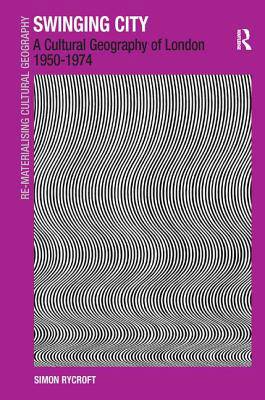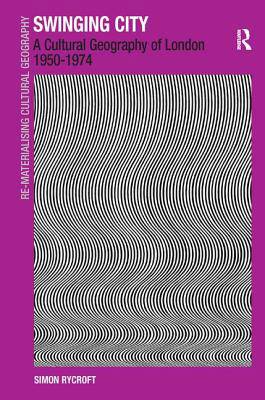
- Afhalen na 1 uur in een winkel met voorraad
- Gratis thuislevering in België vanaf € 30
- Ruim aanbod met 7 miljoen producten
- Afhalen na 1 uur in een winkel met voorraad
- Gratis thuislevering in België vanaf € 30
- Ruim aanbod met 7 miljoen producten
Zoeken
€ 195,95
+ 391 punten
Uitvoering
Omschrijving
This book works with two contrasting imaginings of 1960s London: the one of the excess and comic vacuousness of Swinging London, the other of the radical and experimental cultural politics generated by the city's counterculture. The connections between these two scenes are mapped looking firstly at the spectacular events that shaped post-war London, then at the modernist physical and social reconstruction of the city alongside artistic experiments such as Pop and Op Art. Making extensive use of London's underground press the book then explores the replacement of this seemingly materialistic image with the counterculture of underground London from the mid-1960s. Swinging City develops the argument that these disparate threads cohere around a shared cosmology associated with a new understanding of nature which differently positioned humanity and technology. The book tracks a moment in the historical geography of London during which the city asserts itself as a post-imperial global city. Swinging London it argues, emerged as the product of this recapitalisation, by absorbing avant-garde developments from the provinces and a range of transnational, mainly transatlantic, influences.
Specificaties
Betrokkenen
- Auteur(s):
- Uitgeverij:
Inhoud
- Aantal bladzijden:
- 200
- Taal:
- Engels
- Reeks:
Eigenschappen
- Productcode (EAN):
- 9780754648307
- Verschijningsdatum:
- 23/12/2010
- Uitvoering:
- Hardcover
- Formaat:
- Genaaid
- Afmetingen:
- 156 mm x 234 mm
- Gewicht:
- 462 g

Alleen bij Standaard Boekhandel
+ 391 punten op je klantenkaart van Standaard Boekhandel
Beoordelingen
We publiceren alleen reviews die voldoen aan de voorwaarden voor reviews. Bekijk onze voorwaarden voor reviews.











